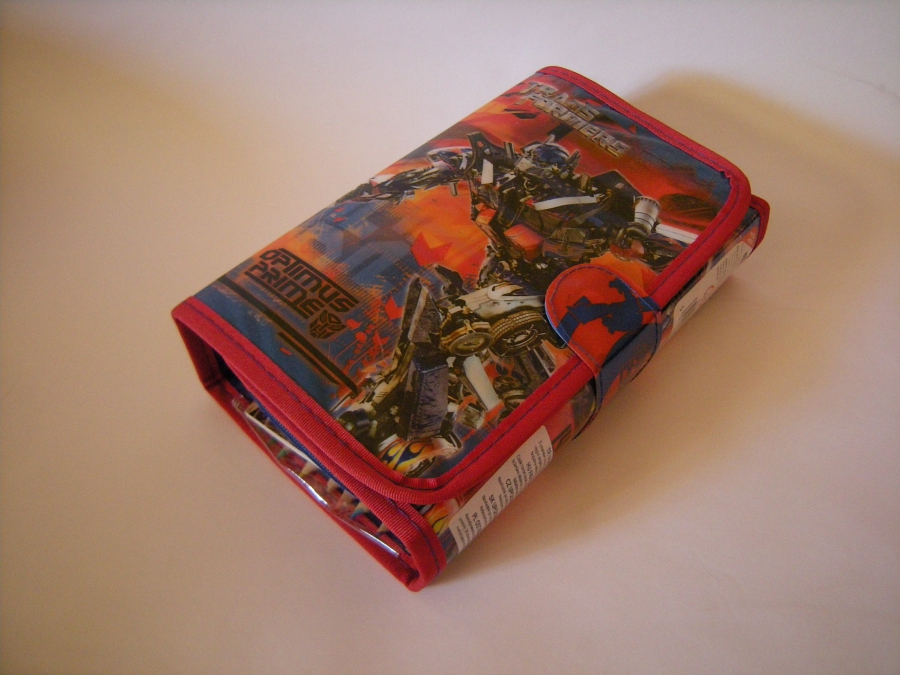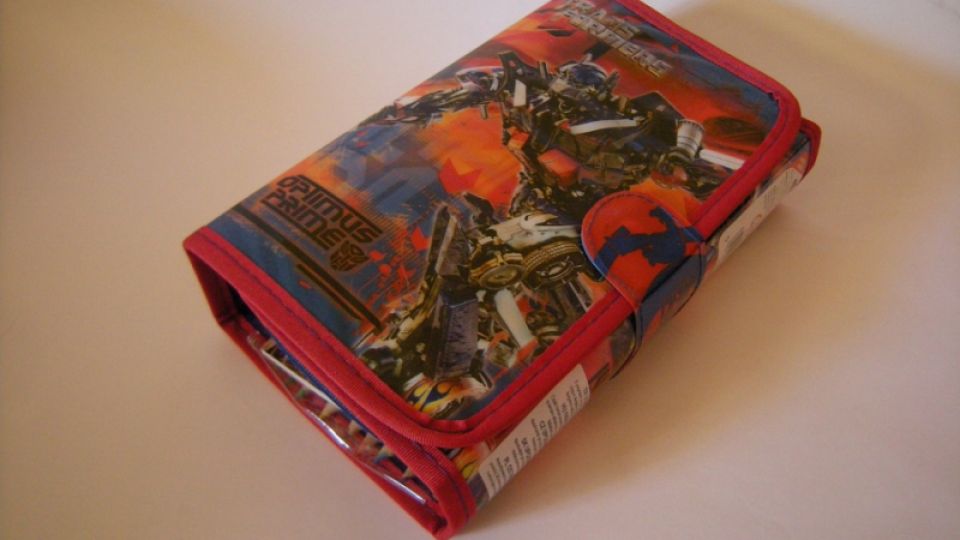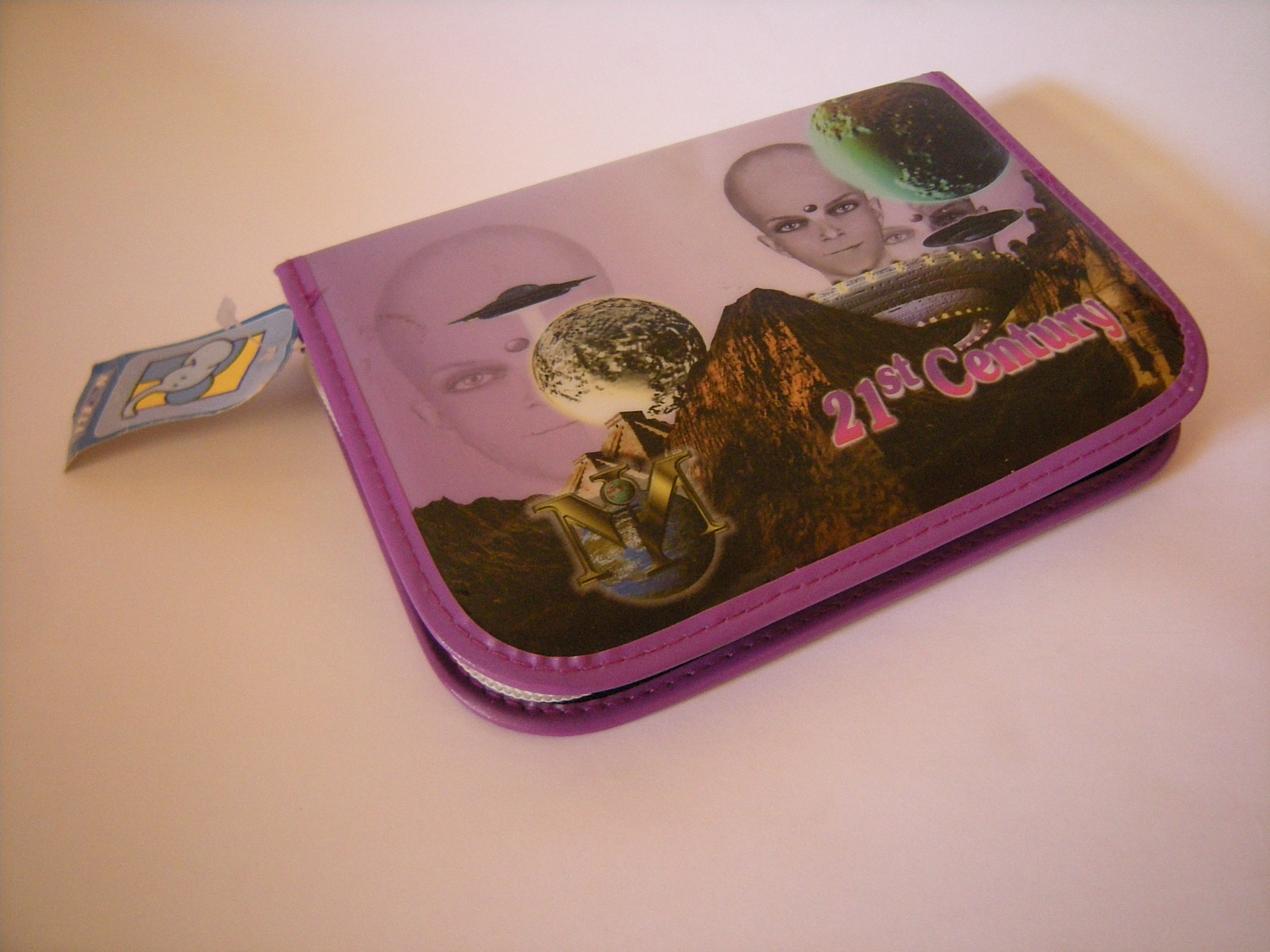In three of ten analysed parts of school tools and summer equipment for children, tests proved presence of phthalates in amounts exceeding the limit for toys and equipment for children.
Articles that exceeded the limit were pencil cases „Transformers - Optimus Prime“, which contained more than 15 % of a hazardous phthalate DEHP, relative to product weight, in the surface material, and further phthalates in the inner part, and „21st Century“, surface film of which contained a mixture of many different phthalates. The non-governmental organisation wants, among other things, to draw attention to a gap in the European legislation that does not sufficiently protect children from phthalates. The reason is that school tools do not fully unambiguously belong among childcare articles, in spite of the fact that also in their case it cannot be excluded that a child may put them in the mouth.
Arnika commissioned tests of, for example, pencil cases, erasers, pencil boxes, sandals and diving goggles. Two further products were analysed for cadmium presence, with satisfactory results.
„We will inform the Czech Trade Inspection Authority about the test results. When purchasing school tools, toys, and other products for children, parents may avoid problematic phthalates simply by not buying products made of plasticized PVC. If the products are not sufficiently marked, people should obtain this basic information from the salesperson, at least. Further information, including a database of hazardous products, is available on the Arnika's internet pages,“ said Arnika's spokesman, Vratislav Vozník.

Problematic pencil box
Problematic interior
Problematic pencil box 21th Century
Test results do not clearly prove that chemical safety of products on the Czech market meets high standards, but Arnika's staff noted a considerable improvement during the actual purchasing already. „On the basis of the sample of five school tools and further five articles for children, far-reaching conclusions cannot be drawn. However, I would regard as a pleasant fact that spectrum of products not made of PVC is much broader than a few years ago. We intentionally visited also stationery stores outside Prague, where we did not find suspicious products made of PVC. Nevertheless, the analysis results show that products containing problematic phthalates still enter the Czech market. We met them also in our investigation limited by financial means available for chemical analyses," assessed the situation the head of the Toxics and Waste Programme of the Arnika Association, RNDr. Jindřich Petrlík.
Arnika has been drawing attention to hazards connected with PVC use, especially in articles with which young children come into contact, in the long term. „Within the framework of the project We Have the Right to Know, we reissued the book How to Live a Well, Healthy, and Environmentally Friendly Life, expanded just by a chapter focusing on the hazards of chemical substances in articles for children," noted the head of the We Have the Right to Know project, Mgr. Karolína Brabcová from Arnika.









